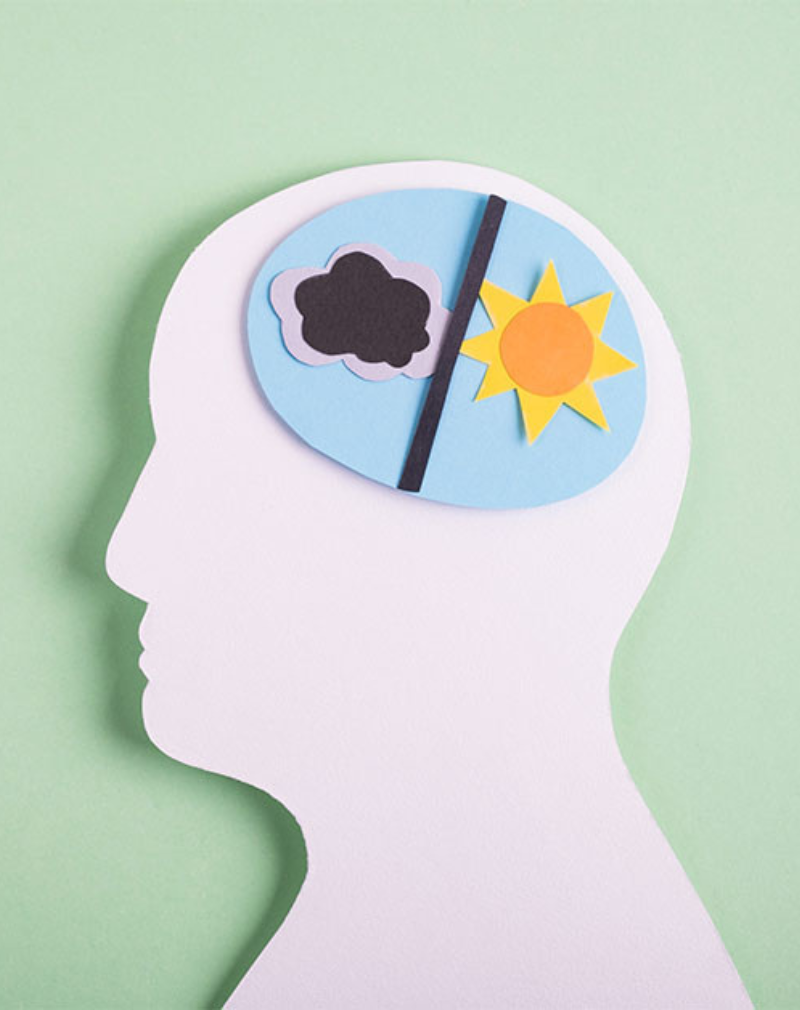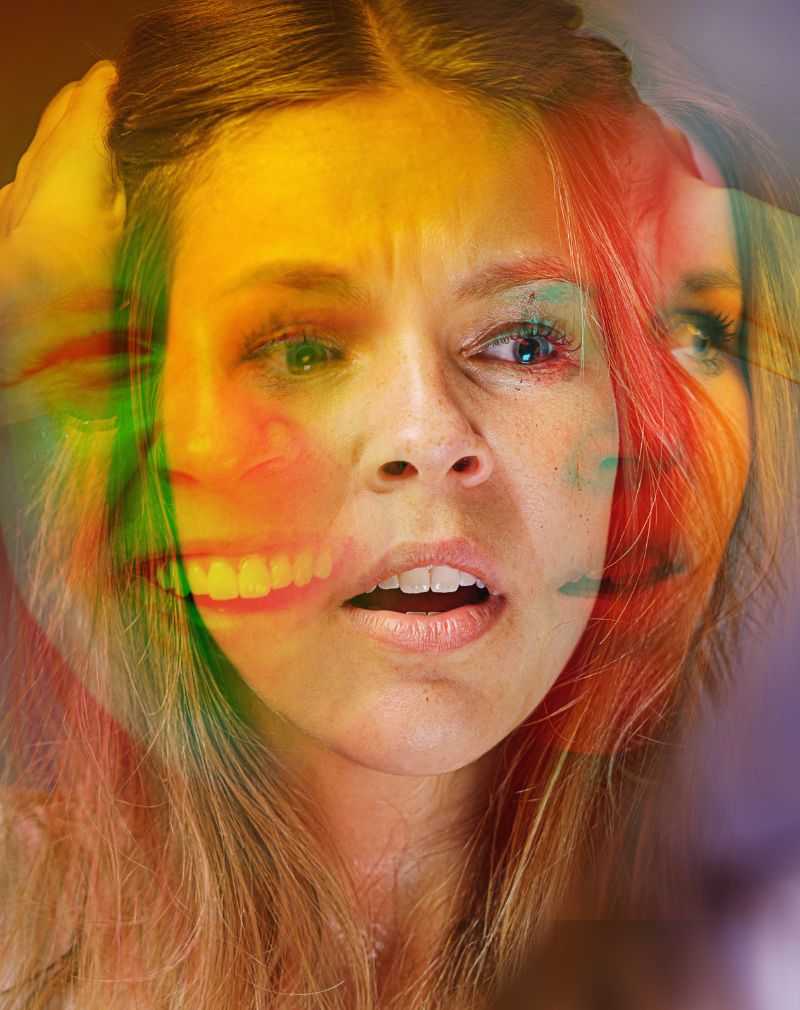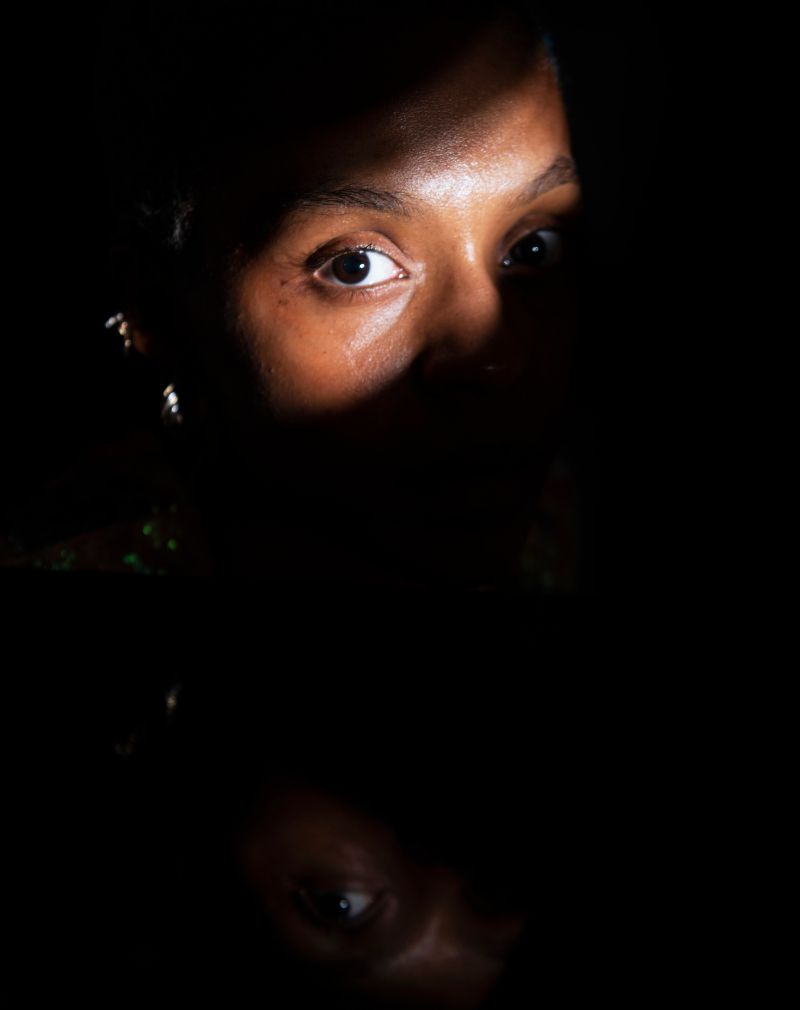Bipolar II disorder is a complex mental health condition characterized by significant shifts in mood, energy, and activity levels. Unlike its counterpart, Bipolar I disorder, which features manic episodes, Bipolar II involves a pattern of alternating hypomanic and depressive episodes. While hypomania is less severe than mania, it’s still a distinct period of elevated mood and energy that can disrupt daily life.
Bipolar II vs. Bipolar I: The Key Differences
The primary difference between Bipolar II and Bipolar I lie in the intensity of the elevated mood states. In Bipolar I, individuals experience full-blown manic episodes, which can involve extreme euphoria, impulsivity, risk-taking behavior, and even psychosis. In Bipolar II, hypomanic episodes are less intense and don’t typically lead to hospitalization or significant impairment in functioning. However, the depressive episodes in Bipolar II can be just as severe as those in Bipolar I.
Prevalence and the Importance of Accurate Diagnosis:
Bipolar II disorder is estimated to affect approximately 1% to 2.4% of the population. However, it’s often underdiagnosed or misdiagnosed as major depressive disorder due to the less obvious nature of hypomanic episodes. Accurate diagnosis is crucial for receiving appropriate treatment and support, as misdiagnosis can lead to ineffective treatment and prolonged suffering.
American Wellness Center in Dubai Healthcare City: Your Partner in Bipolar II Care
At American Wellness Center in Dubai Healthcare City, our team of experienced Psychiatrists and Psychologists specializes in the diagnosis and treatment of bipolar disorders, including Bipolar II. We offer a comprehensive approach to care, combining medication, psychotherapy, and lifestyle modifications to help you manage your mood swings, achieve stability, and improve your overall quality of life.
Riding the Waves of Bipolar II: A Journey Through Contrasting Moods
Bipolar II disorder is a symphony of contrasting movements, a rhythmic dance between hypomanic highs and depressive lows. Understanding the distinct characteristics of each phase is key to navigating the emotional landscape of Bipolar II.
Hypomania: The Upswing of Energy and Enthusiasm
During a hypomanic episode, individuals experience a noticeable shift in mood and energy levels. They may feel:
- Euphoric or Excessively Cheerful: A heightened sense of well-being, optimism, and excitement.
- Energetic and Restless: Increased activity levels, decreased need for sleep, and a constant drive to be on the move.
- Talkative and Gregarious: Rapid speech, racing thoughts, and a desire for social interaction.
- Increased Confidence and Creativity: A surge in self-esteem, grandiosity, and a belief that anything is possible.
- Impulsivity and Risk-Taking: A tendency to act on impulse, engage in risky behaviors, and make rash decisions.
While hypomania may initially seem like a welcome boost, it can quickly spiral out of control, leading to strained relationships, financial problems, and other negative consequences.
Depression: The Downswing of Despair and Disengagement
The counterpoint to hypomania is the depressive phase, a period characterized by a significant drop in mood and energy. Common symptoms include:
- Persistent Sadness and Emptiness: A pervasive feeling of sadness, hopelessness, and loss of interest in activities once enjoyed.
- Fatigue and Lethargy: Overwhelming exhaustion, difficulty getting out of bed, and a lack of motivation.
- Changes in Sleep and Appetite: Insomnia or hypersomnia, significant changes in weight due to changes in appetite.
- Difficulty Concentrating and Making Decisions: Mental fog, forgetfulness, and trouble focusing on tasks.
- Feelings of Worthlessness and Guilt: A negative self-image, self-blame, and feelings of inadequacy.
The depressive phase of Bipolar II can be just as debilitating as major depression, interfering with daily life and relationships.
Living with Bipolar II: Navigating the Challenges
Bipolar II disorder presents unique challenges that can affect various aspects of life:
- Relationships: The unpredictable mood swings can strain relationships with loved ones, who may struggle to understand and cope with the changes in behavior and emotions.
- Work and Productivity: The fluctuations between hypomania and depression can make it difficult to maintain consistent performance at work or school.
- Emotional Stability: The constant shifts in mood can lead to feelings of instability, insecurity, and difficulty planning for the future.
- Impulsivity and Risk-Taking: The hypomanic phase can lead to impulsive behaviors, such as excessive spending, substance abuse, or risky sexual encounters, that can have long-term consequences.
Unraveling Bipolar II: A Complex Confluence of Factors
The roots of Bipolar II Disorder are a tapestry woven from multiple threads, each contributing to its complexity. While the exact causes remain a mystery, research suggests a combination of:
- Genetic Predisposition: Family history plays a significant role, indicating a genetic vulnerability. Having a close relative with bipolar disorder or another mood disorder increases the risk of developing Bipolar II.
- Brain Chemistry Imbalances: Dysregulation of neurotransmitters like serotonin, dopamine, and norepinephrine, responsible for regulating emotions and energy, is implicated in Bipolar II.
- Environmental Triggers: Stressful events, trauma, and substance abuse can act as catalysts, triggering or intensifying mood episodes in susceptible individuals.
Early detection and intervention are paramount in managing Bipolar II. Recognizing the signs and seeking professional help can pave the way for effective treatment and improved quality of life.
Finding Clarity and Stability: Diagnosis and Treatment of Bipolar II
The journey to managing Bipolar II begins with an accurate diagnosis. At American Wellness Center in Dubai Healthcare City, our skilled psychiatrists and psychologists conduct a thorough evaluation to distinguish Bipolar II from other mood disorders. This involves:
- In-depth Clinical Interviews: We delve into your medical history, family history, and current symptoms, exploring patterns of mood swings, energy levels, and sleep patterns.
- Symptom Assessment Scales: Standardized questionnaires help quantify the severity and frequency of your symptoms, aiding in diagnosis and treatment planning.
- Mood Charting: Tracking your moods over time helps identify triggers and patterns, providing valuable insights into your unique experience with Bipolar II.
Your Personalized Roadmap to Wellness: Treatment Options
Once Bipolar II is diagnosed, we create a personalized treatment plan tailored to your specific needs and symptoms. This comprehensive approach often includes a combination of:
- Mood-Stabilizing Medication: Medications like lithium, valproate, and lamotrigine can help regulate mood swings, prevent extreme highs and lows, and reduce the risk of relapse.
- Psychotherapy: Therapy, such as cognitive-behavioral therapy (CBT) or interpersonal and social rhythm therapy (IPSRT), can equip you with valuable coping skills, improve emotional regulation, and address underlying issues that may contribute to mood instability.
- Lifestyle Modifications: Establishing healthy routines, prioritizing sleep, managing stress, and avoiding substance use are essential components of Bipolar II management. We’ll work with you to develop a lifestyle plan that supports your overall well-being.
Your Unique Needs, Our Priority
At American Wellness Center in Dubai Healthcare City, we recognize that no two individuals with Bipolar II are alike. Our treatment plans are highly individualized, taking into account your specific symptoms, medical history, and personal preferences. We believe in a collaborative approach, working closely with you to create a roadmap to recovery that empowers you to live a fulfilling and stable life.
Navigating the Bipolar II Landscape: Building a Toolkit for Stability
Living with Bipolar II requires a proactive approach to manage mood swings and maintain stability. While professional guidance is essential, there are practical strategies you can implement in your daily life:
Your Personalized Toolkit for Bipolar II Management:
- Mood Charting: Track your moods, energy levels, sleep patterns, and any notable events to identify triggers and anticipate mood shifts.
- Routine is Key: Establish consistent sleep-wake cycles, regular meal times, and a structured daily routine to promote stability.
- Healthy Coping Mechanisms: Engage in activities that promote relaxation and stress reduction, such as exercise, yoga, meditation, or spending time in nature.
- Build a Support System: Surround yourself with understanding and supportive friends, family, and mental health professionals who can offer encouragement and guidance.
- Avoid Substance Use: Alcohol and drugs can disrupt mood stability and interfere with treatment.
American Wellness Center: Your Partner in Building a Balanced Life
At American Wellness Center in Dubai Healthcare City, our team of experienced psychiatrists and psychologists is dedicated to helping you build a personalized toolkit for managing Bipolar II. We understand that everyone’s journey is unique, and we’ll work collaboratively with you to develop a comprehensive treatment plan that addresses your specific needs and goals.
Our collaborative approach involves:
- Medication Management: Our psychiatrists will carefully assess your symptoms and prescribe mood-stabilizing medications that are right for you, monitoring their effectiveness and adjusting as needed.
- Psychotherapy: Our therapists will provide individual or group therapy to help you develop coping skills, manage stress, and address any underlying emotional issues that may contribute to mood instability.
- Lifestyle Counseling: We’ll work with you to create a healthy lifestyle plan that incorporates regular exercise, proper nutrition, stress management techniques, and sleep hygiene practices.
Taking the First Step Towards Stability:
If you’re struggling with the challenges of Bipolar II, know that you’re not alone. At American Wellness Center in Dubai Healthcare City, we’re here to offer you the support, guidance, and expertise you need to navigate your journey towards emotional balance and a fulfilling life. Contact Us Today to schedule a consultation and learn more about how we can help.



